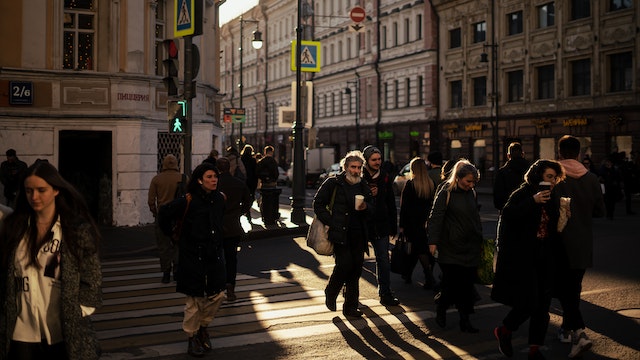Europe is on its way to a near perfect sustainable agenda by the year 2030 in order for sustainable development to become the norm in the territory. But as new regulations come into place, many challenges still remain.
The introduction of the upcoming Corporate Sustainability Reporting Directive (CSDR), which was recently approved by the European Council, as well as the newest approved law for the fight against deforestation and forest degradation, are just a few examples of the commitment of the European Union towards achieving its sustainability goals.
However, and despite all these efforts, the path towards sustainable development is not an easy one, and while some regulations and actions are becoming an example of responsible leadership for other territories, there are many challenges that still need to be addressed.
The current state of sustainability in the EU
The commitment of the European Union and its member states towards the achievement of SDGs has been quite remarkable in the last years, with all 27 of them among the top 50 in the SDG global index.
There have been really good results in ending poverty and the promotion of health and well-being for all, making several of the European territories some of the happiest places in the world.

However, there is much room for improvement in many other aspects; for example, there are specially negative outcomes for what it concerns the protection of the oceans and marine resources, including a lack of sustainable production and consumption model.
So, while promoting the end of inequalities and fighting for diversity is a central aspect of sustainable development and social cohesion, there are clearly many aspects that need to improve if Europe is to have a sustainable future.
The main challenges for the EU's sustainable development
We can talk about four main challenges that are pending right now for Europe’s future of sustainable development that could also pave the way for other states and territories to accelerate their own sustainable transition:
On the one hand, there is a global need for developing and improving circular economy models, and the European Union is no stranger to this.
Not even a 10% of the world economy is circular, meaning we are overusing the planet’s resources. This is why the EU adopted the Circular Economy Action Plan as part of the European Green Deal.

Making sure members states create less waste and keep products and resources circulating in the economy as long as possible is one of the main challenges and goals of the EU today.

On the other hand, and in line with the need for a circular economy model and the reduction of green house gas emissions, the EU faces a challenge regarding food production and food waste.
There is still much room for improvement in this regard for the protection and the environment and reducing the amount of food that goes to waste int he European territory.
One of the most important and prominent topics when we talk about sustainable development is energy production, specifically sustainable or renewable energy production. Europe is committed to a 20% to 30% clean and low-carbon energy grid by 2030.
This means European member states have a responsibility to reduce fossil fuel import and use, promote building efficiency, green and public transports etc. The challenge remains to advance this goal and create a cleaner future and new jobs.
Last but not least, we need to talk about social challenges to make Europe a fairer society. This includes the creation and promotion of decent jobs, social cohesion, ending inequalities and ensuring equal opportunities or everyone.
There are also topics such as the efficiency and accessibility of health systems or tackling the abandonment of rural areas.

Transparency for the future of Europe's sustainable development
The lack of information and a transparent look into what businesses and other organizations are doing to give an effective response to the climate crisis is perhaps one of the biggest challenges and obstacles our society faces today.
People and governments cannot fight for what’s best for the planet, and consequently themselves, if they don’t know what is causing such devastation in the first place.
Similarly, neither can businesses manage what they don’t measure and understand. Because being transparent is not only an externality to a company, or a given organization, to help build trust and reputation; it is in fact also a great learning and improvement mechanism.
DoGood and transparency
We believe and work for transparency to be one of the key values driving the stakeholder transformation, as it is the only way to understand what we are doing wrong, what we are doing right and what it is that we are not doing yet.
In this regard, it is essential to our work to promote good corporate governance, meaning that all processes of disclosure and transparency are followed.

We have developed a corporate government tool that helps establish ESG impact objectives for employees in regards to the sustainability strategy of the company. Through our technology we are able to activate and track employees’ impact, creating engagement that translates into improved ESG metrics, reputational value and an overall positive impact for the environment and society.
If you want to know more about how we work to create a positive social and environmental impact, click here.







